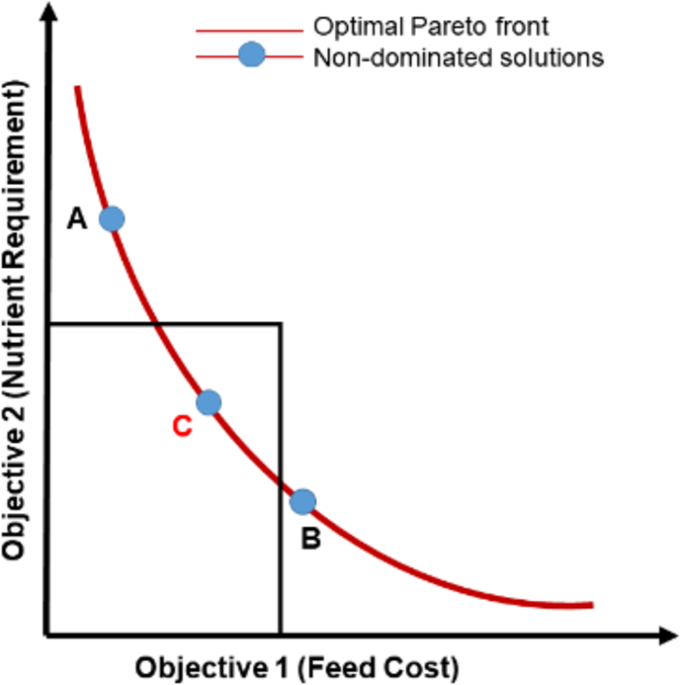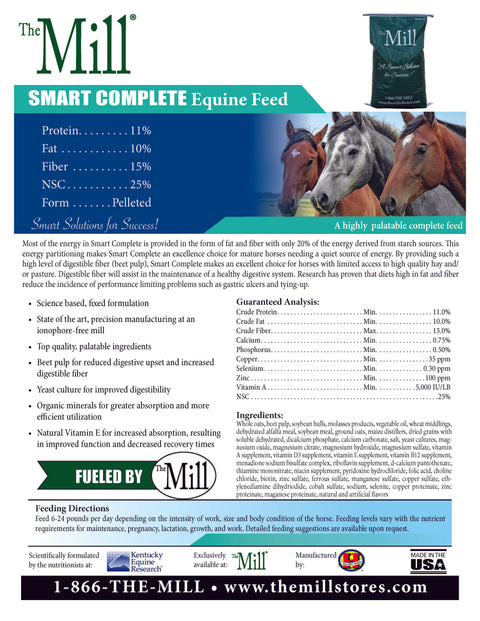Feeding Schedule Optimization for Working Horses

Optimizing the feeding schedule for working horses is crucial to maintain their health, energy levels, and overall performance. Working horses have unique nutritional needs that vary depending on their workload, age, and metabolism. This article explores how to create an effective feeding plan tailored to these factors.
Understanding the Nutritional Needs of Working Horses
Working horses require a balanced diet rich in energy, protein, vitamins, and minerals. Their diet should support muscle repair, stamina, and recovery. Key nutrients include:
- Carbohydrates: Primary energy source, found in grains and forage.
- Proteins: Essential for muscle repair and growth.
- Fats: Provide concentrated energy and support coat health.
- Vitamins and Minerals: Crucial for metabolic functions and bone health.
Factors Influencing Feeding Schedules
Several factors affect how and when to feed working horses:
| Factor | Description |
|---|---|
| Workload | Intensity and duration of daily work |
| Age | Younger horses may need more frequent feeding |
| Metabolism | Individual differences in digestion and energy use |
| Weather | Cold weather may increase energy requirements |
Designing an Effective Feeding Schedule
- Frequency: Feed smaller, more frequent meals to aid digestion and prevent colic.
- Timing: Schedule feeding times around work periods to optimize energy availability.
- Portion Control: Adjust feed quantity based on workload and body condition.
- Hydration: Ensure constant access to clean water.
Sample Feeding Schedule
| Time | Feed Type | Purpose |
|---|---|---|
| Early Morning | Forage (hay/grass) | Provides slow-release energy |
| Midday | Concentrates (grains) | Quick energy for work |
| Evening | Forage + Supplements | Recovery and muscle repair |
Common Challenges and Solutions
- Overfeeding: Can lead to obesity and metabolic issues. Monitor body condition regularly.
- Underfeeding: Results in fatigue and poor performance. Adjust feed based on workload.
- Digestive Problems: Introduce dietary changes gradually to avoid colic.
Frequently Asked Questions (FAQ)
Q1: How often should I feed my working horse?
A: Ideally, feed smaller meals 3-4 times a day to maintain steady energy levels.
Q2: Can I feed my horse immediately after work?
A: It’s best to wait at least 30 minutes after work before feeding to allow the horse to cool down.
Q3: What supplements are beneficial for working horses?
A: Electrolytes, joint supplements, and vitamin E are commonly recommended.
Conclusion
A well-structured feeding schedule tailored to the specific needs of working horses enhances their health, performance, and longevity. Regular assessment and adjustments ensure the feeding plan remains effective as conditions change.
This article provides a detailed, SEO-friendly guide with practical advice, tables, and FAQs to help horse owners optimize feeding schedules for their working horses.
